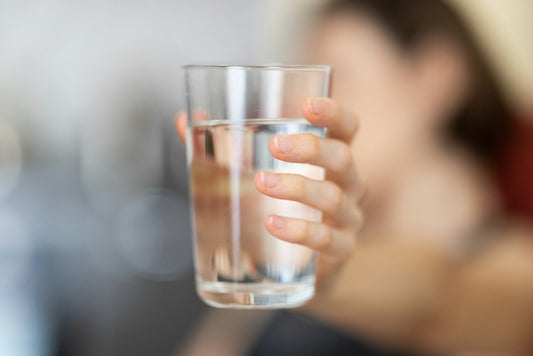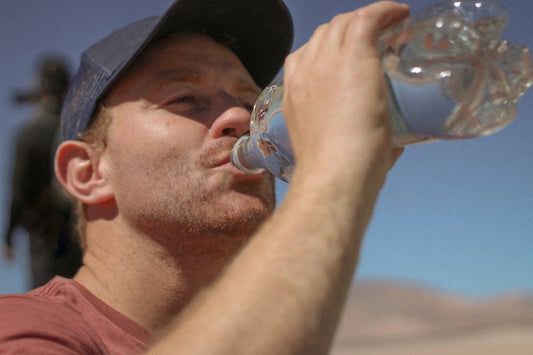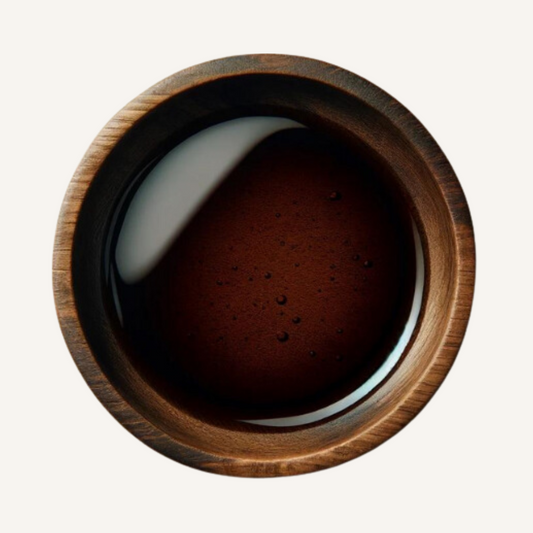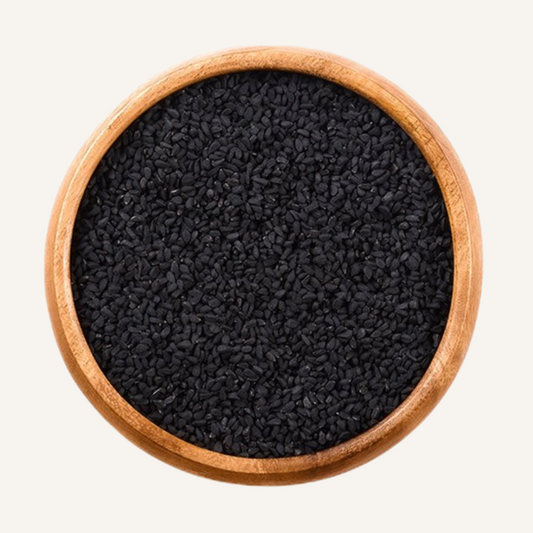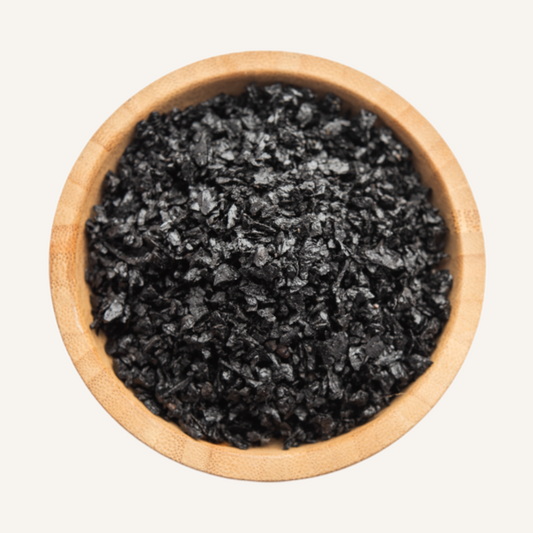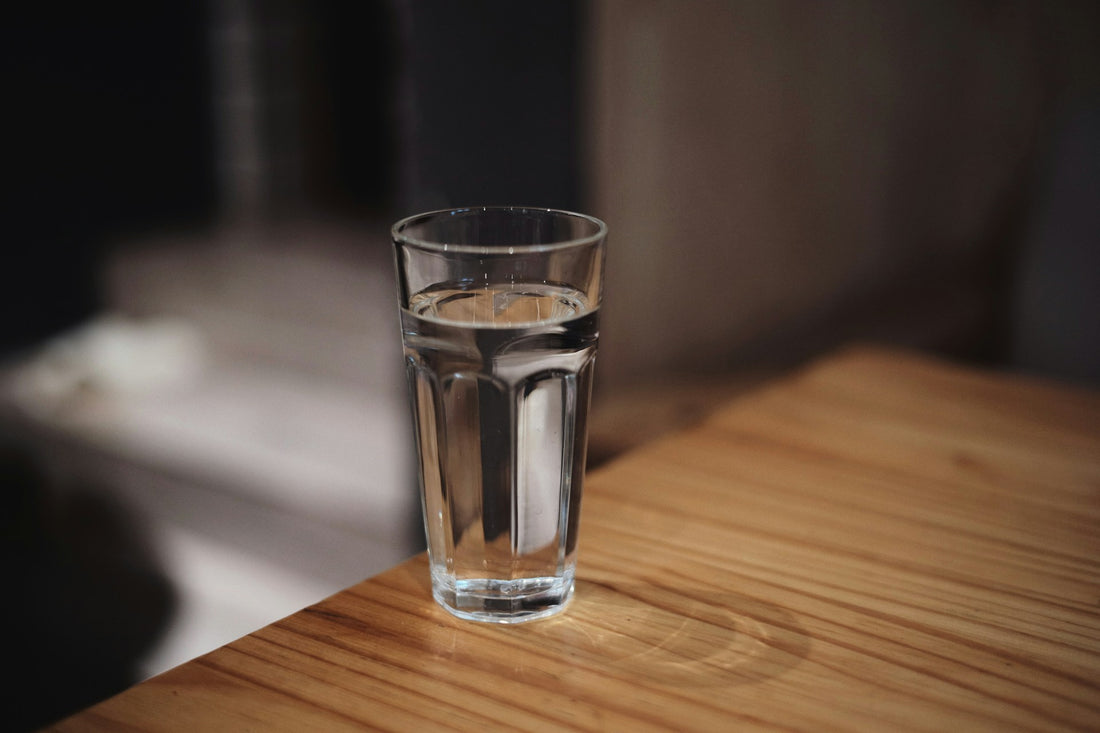
The Silent Healer: Hydration
Abdullaah KhanShare
In the quest for optimal health, one of the simplest yet most powerful tools at our disposal is often overlooked: water. Essential for life, water plays a pivotal role in maintaining health and vitality.
This blog post explores the science behind hydration, its impact on our well-being, and practical tips to ensure we're adequately hydrated, unlocking the myriad benefits that come from this natural healer.
Hydration: The Essence of Life
Water is the most abundant substance in the human body, constituting about 60% of body weight. It is crucial for almost every bodily function, including regulating temperature, transporting nutrients and oxygen to cells, facilitating digestion, and removing waste products. Adequate hydration is essential for maintaining these functions and ensuring the body operates at its best (Popkin, D'Anci, & Rosenberg, 2010).
The Impact of Dehydration on Health
Even mild dehydration can have significant adverse effects on health and performance. Symptoms of dehydration include thirst, dry mouth, fatigue, decreased urine output, dry skin, headache, and dizziness. Chronic dehydration can contribute to more serious health issues, such as urinary tract infections, kidney stones, and kidney damage.
It can also impair cognitive function, mood, and physical performance, affecting daily activities and overall quality of life (Armstrong et al., 2012).
How Much Water Do We Need?
The amount of water needed can vary based on factors such as age, weight, climate, and activity level. While the "8x8 rule" — drinking eight 8-ounce glasses of water a day — is a common guideline, individual needs may differ.
The National Academies of Sciences, Engineering, and Medicine recommends a daily intake of about 3.7 liters (125 ounces) for men and 2.7 liters (91 ounces) for women from all beverages and foods. It's also important to listen to your body's cues and drink when thirsty (Institute of Medicine, 2004).
Strategies for Enhancing Hydration
- Carry a Water Bottle: Having water on hand encourages more frequent sips throughout the day.
- Eat Water-Rich Foods: Fruits and vegetables like cucumbers, tomatoes, oranges, and watermelons can contribute significantly to hydration.
- Flavour Your Water: Adding slices of fruits or herbs can make drinking water more enjoyable.
- Monitor Urine Colour: Pale yellow urine usually indicates good hydration, while dark yellow suggests a need to drink more water.
- Set Reminders: Apps or alarms can help remind you to take regular water breaks.
The Path Forward: Embracing Hydration for Health
Hydration is a key, yet often ignored, component of a healthy lifestyle. By understanding the critical role water plays in our bodies and taking simple steps to ensure we're adequately hydrated, we can unlock numerous health benefits. Improved physical performance, enhanced cognitive function, better digestion, and overall vitality are just a sip away.
Let's not underestimate the power of water; it's not just a beverage, it's a vital nutrient, a protector of health, and a silent healer.
References
- Armstrong, L. E., Ganio, M. S., Casa, D. J., Lee, E. C., McDermott, B. P., Klau, J. F., ... & Lieberman, H. R. (2012). Mild dehydration affects mood in healthy young women. Journal of Nutrition, 142(2), 382-388.
- Institute of Medicine. (2004). Dietary Reference Intakes for Water, Potassium, Sodium, Chloride, and Sulfate. Washington, DC: The National Academies Press.
- Popkin, B. M., D'Anci, K. E., & Rosenberg, I. H. (2010). Water, Hydration and Health. Nutrition Reviews, 68(8), 439-458.


